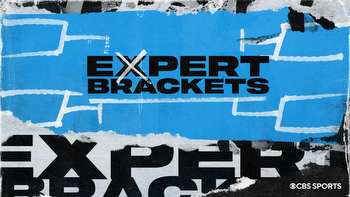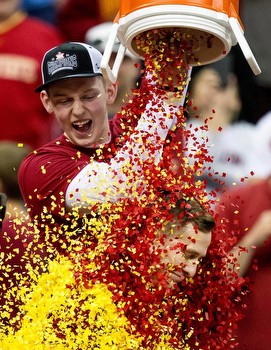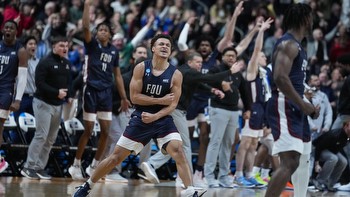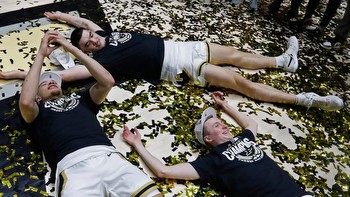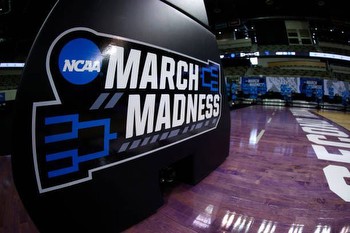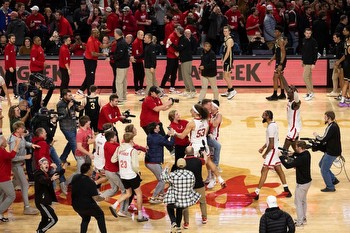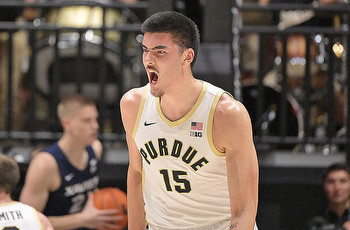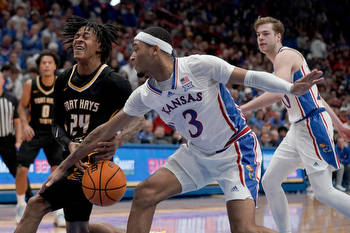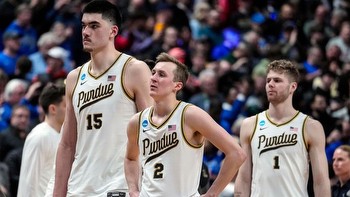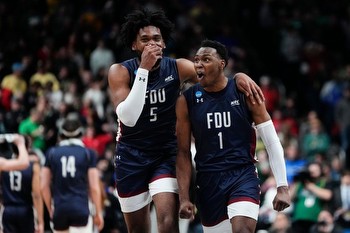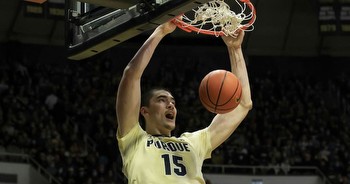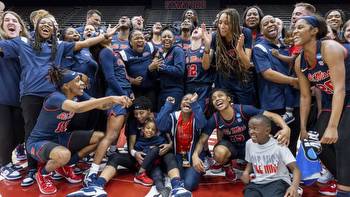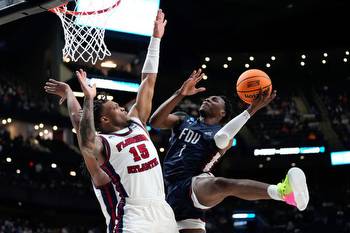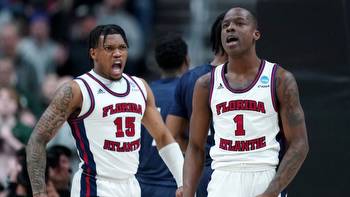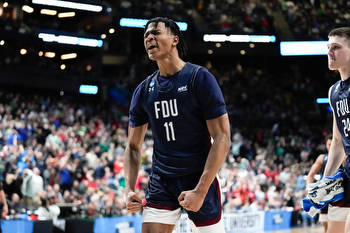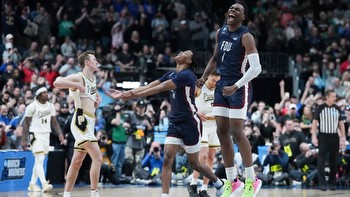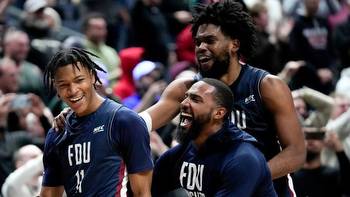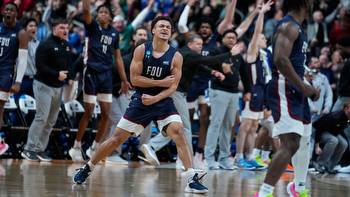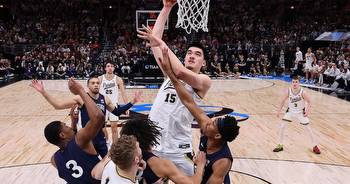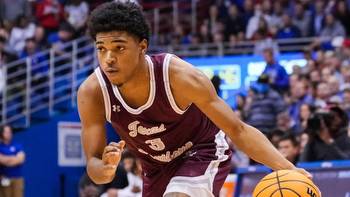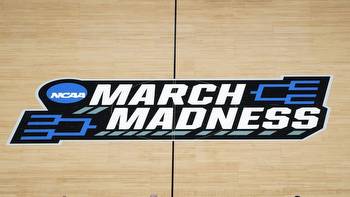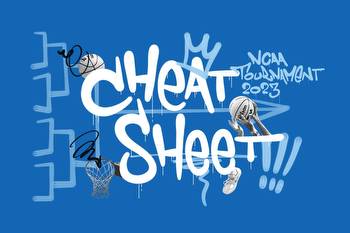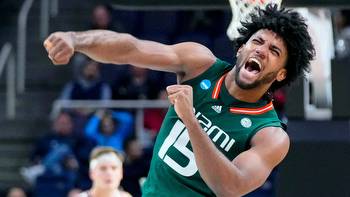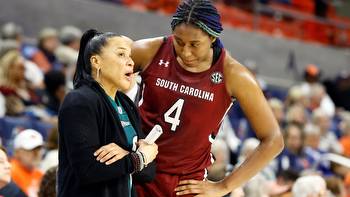Message to NCAA officials: Leave the basketball tournament alone
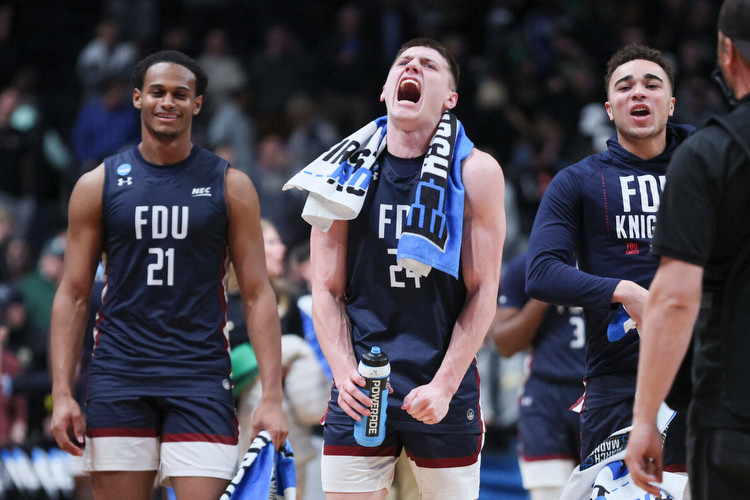
The year is 1995 and the Villanova men’s basketball team is feeling pretty good about itself. The Wildcats have won 17 of 19, are coming off a rout of top-seeded Connecticut in the Big East Conference championship game, and have received a No. 3 seed in the NCAA Tournament. The question entering their first-round game against 14th-seeded Old Dominion is not whether they will win, but by how much.
“We had a really good basketball team, we were the heavy favorites, and the next thing you know we find ourselves in triple overtime,” Paul Hewitt, an assistant with the team, recalls from the 89-81 loss. ”The dynamic shifted so quickly. All of a sudden there’s just so much stress on every pass and every shot.”
Fast forward to 2004. Hewitt is now at the other end of the spectrum as Georgia Tech’s head coach. After losing three of seven to end the regular season, the Yellow Jackets were bounced from the Atlantic Coast Conference Tournament in the second round and trending in the wrong direction despite receiving a No. 3 seed in the NCAA Tournament, where they will open against Northern Iowa.
“You walk in and no one expects anything out of us but we get on a run,” said Hewitt, whose squad advanced to the championship game before falling to Connecticut. “We were considered probably the last of the three seeds. But after the first game, I thought we were playing with house money. We had a talented group, but the fun of the tournament is the unpredictable nature of it and how stories can change between first half and second half.”
The capricious nature of March Madness is not only what makes it the most eagerly anticipated month on the sporting calendar, but also the reason NCAA officials should leave the tournament alone. There is talk they are considering expanding the field and possibly doing away with automatic bids, all in the name of increased revenue, presumably. But all money is not good money, particularly if it diminishes the core of what makes something special, and in the case of the NCAA men’s tournament, that remains its unpredictability.
Some argue that gambling is what drives interest, and to some degree, that’s true, as the American Gaming Association estimates that $2.7 billion will be bet this year on the men’s and women’s tournaments through legal sports books. But the stronger gravitational pull is chaos and the upheaval that comes from David slaying Goliath.
“You look at the Purdue game last year,” said Hewitt, currently the head coach of the San Diego Clippers of the G League. “Before the game, nobody even thought Fairleigh Dickinson had a chance. Next thing you know, in the middle of it, everybody is getting text messages — turn on the Purdue game.”
Fairleigh Dickinson, which received an invitation only because the winner of its conference tournament was ineligible as a transitional Division I program, beat Purdue 63-58, making it just the second No. 16 seed in tournament history to knock off a No. 1 seed. David vs. Goliath? Purdue was the tallest team in the field while FDU was the shortest. Over 97 percent of the brackets received by the NCAA had the Boilermakers winning.
The unpredictability of the tournament draws in the casual fan as well as the purported experts. It’s not uncommon for the person making selections based on uniform colors or mascots to have a higher hit rate than those who study the matchups into the wee hours. Sometimes it’s as if the more we know, the less we know.
For instance, only once since the tournament expanded to 64 teams in 2008 have all four top seeds reached the Final Four in the same season, and three of the top seeds have advanced in the same year just four times. The fact that a No. 5 seed or lower has appeared in each of the last 10 Final Fours makes it almost as much fun attempting to identify that team in a given year as selecting which higher seeds will advance.
Not to be overlooked are the storylines, which may not be as impactful as the betting lines but offer enough intrigue to keep us tuning in. Like, how can anyone not be compelled by the story of Long Beach State coach Dan Monson, who was told at the end of the regular season that he was being fired after 17 seasons but then led his team to three consecutive wins and an NCAA Tournament berth by claiming the Big West Tournament championship, defeating the Nos. 1 and 2 seeds along the way.
“He could have easily said, ‘Let’s just play,’ but he wanted to win and do his job to the end,” forward Aboubacar Traore told The Associated Press before the Big West Tournament. “As a player, we couldn’t see that and be like, ‘They fired our coach, so we don’t play no more. Let’s just do whatever and go out in the first round.’ When they tell you that you can’t be here next year and you decide to do your job to the end, that’s the key.”
Then there’s the question of whether Purdue can finally live up to expectations. Two years ago they were bounced by Cinderella Saint Peter’s in the Sweet 16, and last season they were embarrassed by Fairleigh Dickinson. But instead of deflecting or running away from those memories, the Boilermakers, who open against the winner of Montana State-Grambling, have embraced the disappointment as motivation.
“There’s more you want to prove. There’s more you want to do,” said sophomore guard Fletcher Loyer. “I think just the difference between last year and this year is how hungry we are. That bad taste in our mouth has sat with us all year.”
Another storyline to watch: Richard Pitino carrying the tournament mantle for his family after dad Rick Pitino, a Hall of Famer whose .746 tournament win percentage (53-18) ranks second among active coaches and 16th all time, failed to receive a bid when his St. John’s squad lost in the Big East semifinals to Connecticut. The younger Pitino advanced when his New Mexico Lobos won the Mountain West Tournament, defeating last season’s NCAA runner-up San Diego State in the championship game.
And lastly, does Yale have any magic left after using an 8-1 run down the stretch to beat Brown in the Ivy League finale on a floater at the buzzer? It was the kind of ending that exemplifies the meaning of March Madness and why nothing can be taken for granted. More than that, it should be a reminder to NCAA officials not to fix what isn’t broken.
“I love the tournament the way it’s set up now,” said Hewitt, speaking for many others. “I hear all the murmurs about eliminating the mid-majors and low-majors and automatic qualifiers, and that would definitely take some of the charm out of the tournament. I don’t think it’s completely off base for me to say the college game has been mismanaged over the years. I see where we are now and I hope they leave the tournament alone because part of the charm and beauty is its unpredictability, especially on the first weekend.”
Required reading
(Photo of Brayden Reynolds celebrating after Fairleigh Dickinson defeated No. 1 seed Purdue in the NCAA Tournament last season: Andy Lyons / Getty Images)

